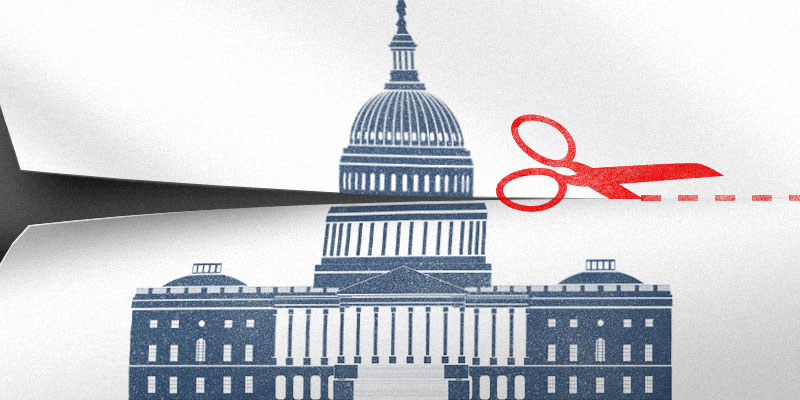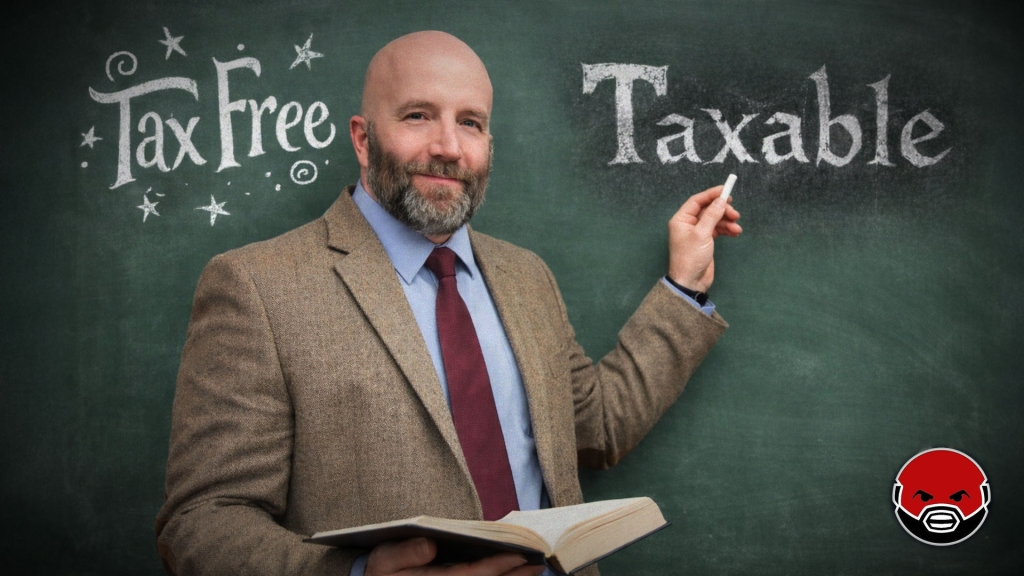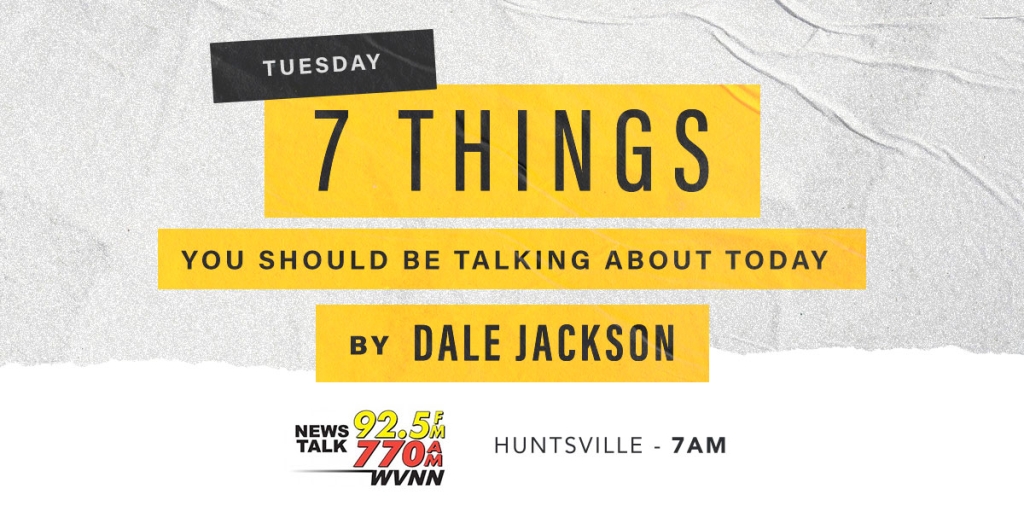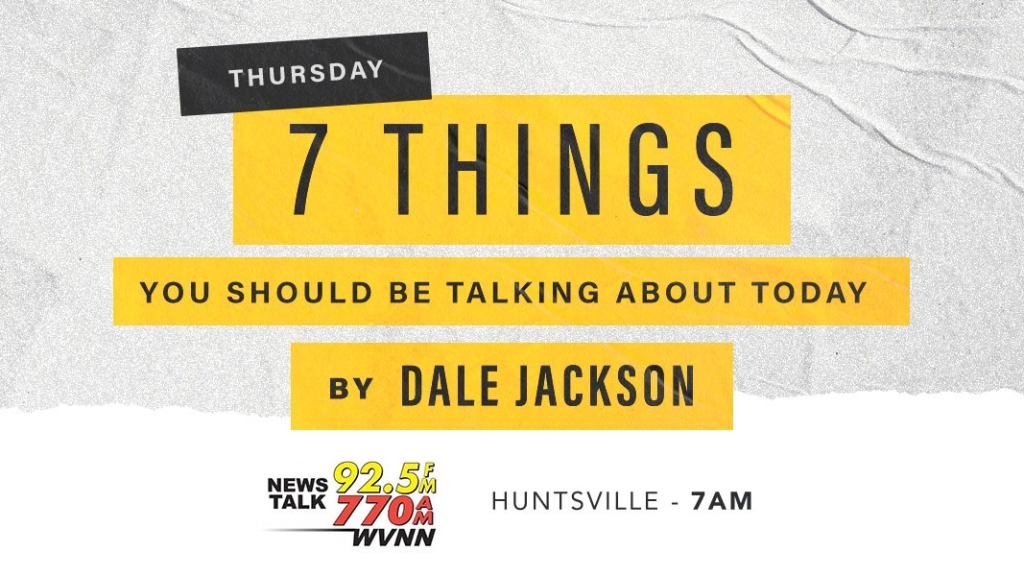Bitcoin’s price gyrations over the past year have attracted widespread attention. Even if we do not become Bitcoin billionaires, the blockchain technology behind Bitcoin will likely affect our lives by rendering some of government’s functions unnecessary. My Johnson Center colleague Malavika Nair and I explore these possibilities in a new paper we published in The Independent Review.
Bitcoin is a crypto- or digital currency, meaning that instead of currencies they are entries on a computer. The blockchain is the ledger, containing the complete record of Bitcoin transactions. The ledger is updated every few minutes and stored on all of the computers running the system.
The innovation can be understood even if you never managed to program a VCR.
The blockchain is a distributed ledger, which contrasts with the centralized ledger of accounts used by banks, credit card companies and businesses. Centralized ledgers can be falsified or otherwise manipulated by whoever keeps the ledger. Fudging bank records, for example, can let someone spend the money in their account two or more times. We typically rely on third parties, like a bank to keep the ledger, or accountants to audit and verify the books. Every one of the computers running Bitcoin keeps the blockchain’s record of all transactions. Transactions are verified every few minutes, and there is no account keeper who can potentially falsify the record.
What does this mean for government? America was founded on the principle that the government is supposed to work for us. Abraham Lincoln stated this succinctly: “The legitimate object of government, is to do for a community of people, whatever they need to have done, but can not do, at all, or can not, so well do, for themselves – in their separate, individual capacities.” Economists, political scientists, and political philosophers have subsequently elaborated on this approach.
The blockchain allows individuals, businesses, and charitable organizations to do many things far more effectively on our own than before. Some of the things we have had government do through taxation and regulation we will now be able to do ourselves using the blockchain. This big picture takeaway should not be lost in almost daily news about new blockchain applications.
Consider the case of corporations. Managers have been able to use their control over the transaction ledger to embezzle resources contributed by investors. We have relied on government regulators, like the Securities and Exchange Commission, to ensure corporations and their accountants keep the ledgers accurately.
A corporation could now be built on the blockchain. Investors could readily scrutinize both the stock trades and other transactions for irregularities. No longer will unscrupulous managers be able to hide their misdeeds, reducing the need for government regulation.
Smart contracts could allow citizens to fund projects where we have had to use government taxes. Crowd funding platforms like GoFundMe and Kickstarter provide a glimpse of the possibilities. The blockchain could execute large-scale contracts where thousands of people agree to pay for bridge repairs or to widen a road. The contract could be automatically executed using cryptocurrency when enough people sign. Meanwhile, a new application called GiveTrack uses blockchain technology to increase the transparency of crowd funded charitable donations.
The blockchain provides a new way to record property titles. Americans currently pay for a search of legal documents for outstanding liens or claims against a property’s title every time we buy a home. Titles on the blockchain could be instantly examined. In developing countries, on the other hand, even establishing who owns land is often challenging. Blockchain titles will provide clarity, and allow property to be used as collateral, which is an important contributing factor to economic development.
Bitcoin may or may not survive, but the blockchain is here to stay. The opportunities being created are just now coming into focus. This is typical because no inventor can know all of the uses possible for a new invention. The blockchain will change your life, even if Bitcoin turns out to be a bubble.
Daniel Sutter is the Charles G. Koch Professor of Economics with the Manuel H. Johnson Center for Political Economy at Troy University.













